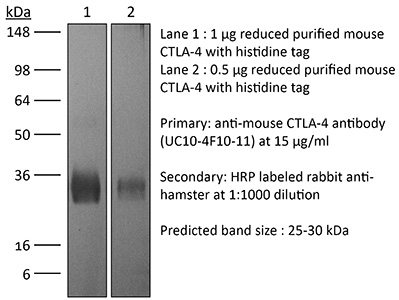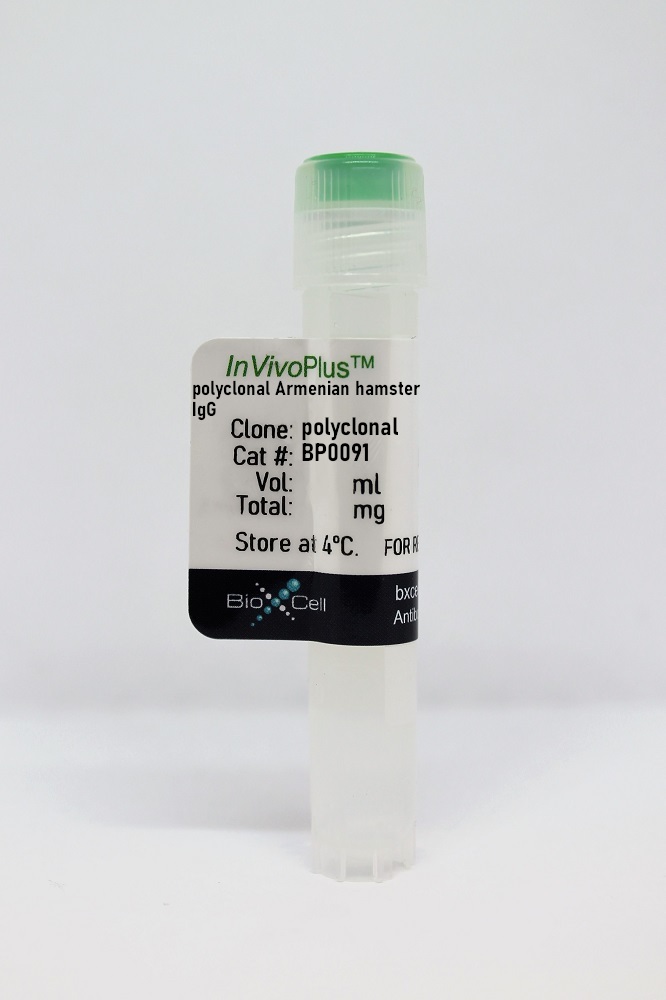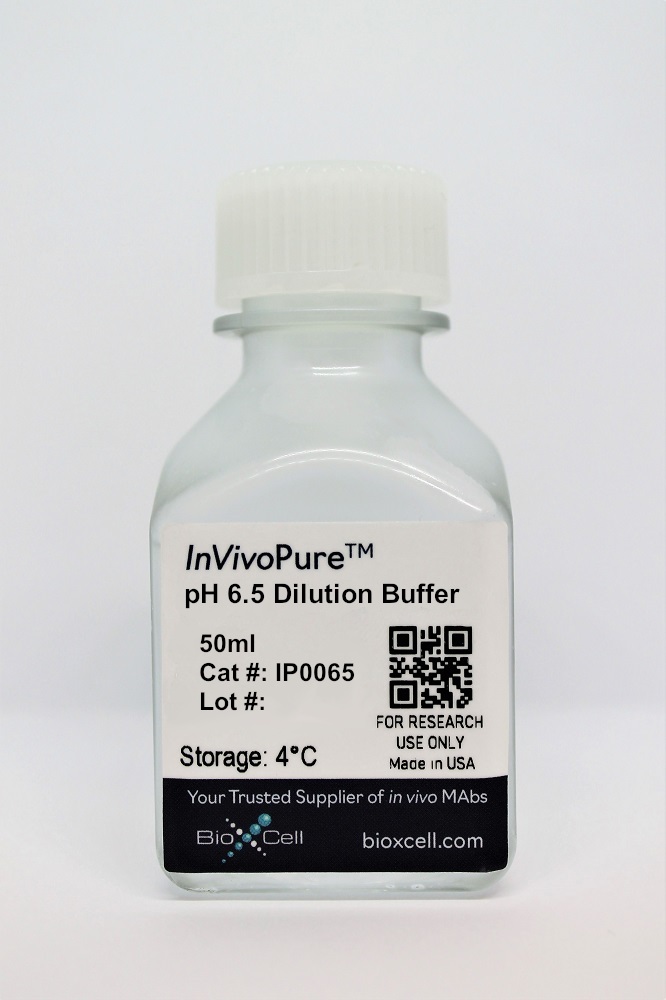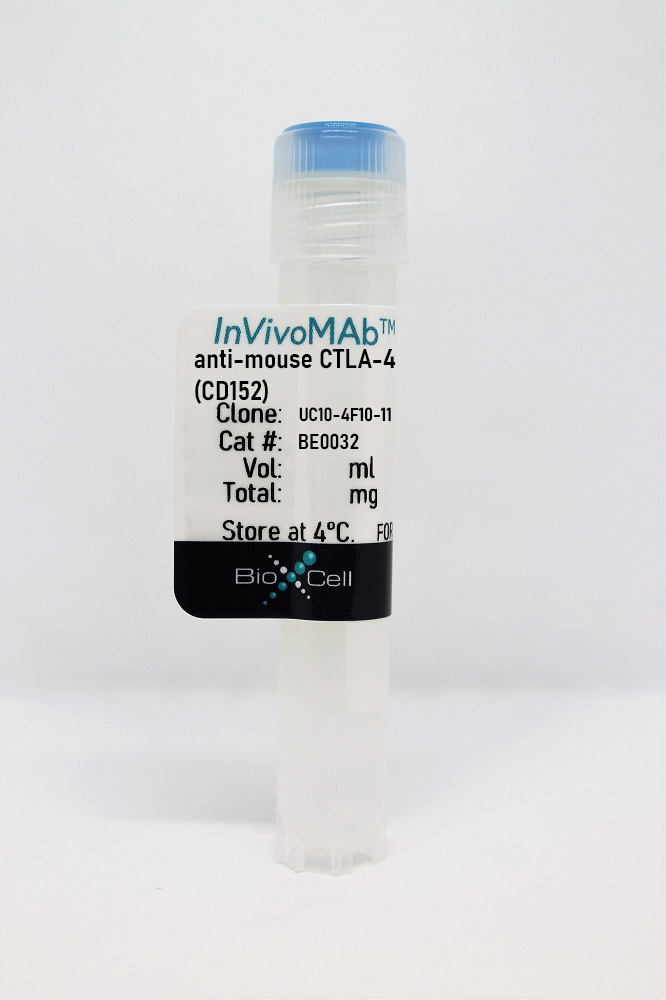
InVivoPlus anti-mouse CTLA-4 (CD152)
BP0032
ApplicationsFlow Cytometry, Western Blot, Neutralisation/Blocking
Product group Antibodies
ReactivityMouse
Overview
- SupplierBio X Cell
- Product NameInVivoPlus anti-mouse CTLA-4 (CD152)
- Delivery Days Customer7
- ApplicationsFlow Cytometry, Western Blot, Neutralisation/Blocking
- CertificationResearch Use Only
- ClonalityMonoclonal
- Clone IDUC10-4F10-11
- Concentration4-11 mg/ml
- HostHamster
- IsotypeIgG
- ReactivityMouse
- Storage Instruction2°C to 8°C
- UNSPSC12352203
References
- Reversal of indoleamine 2,3-dioxygenase-mediated cancer immune suppression by systemic kynurenine depletion with a therapeutic enzyme. Triplett TA et al., 2018 Sep, Nat BiotechnolRead more
- The viral context instructs the redundancy of costimulatory pathways in driving CD8(+) T cell expansion. Welten SP et al., 2015 Aug 11, ElifeRead more
- Three steps to breaking immune tolerance to lymphoma: a microparticle approach. Makkouk A et al., 2015 Apr, Cancer Immunol ResRead more
- Immature dendritic cells convert anergic nonregulatory T cells into Foxp3- IL-10+ regulatory T cells by engaging CD28 and CTLA-4. Pletinckx K et al., 2015 Feb, Eur J ImmunolRead more
- CSF1/CSF1R blockade reprograms tumor-infiltrating macrophages and improves response to T-cell checkpoint immunotherapy in pancreatic cancer models. Zhu Y et al., 2014 Sep 15, Cancer ResRead more
- Antimetastatic effects of blocking PD-1 and the adenosine A2A receptor. Mittal D et al., 2014 Jul 15, Cancer ResRead more
- Differential kinetics of antigen dependency of CD4+ and CD8+ T cells. Rabenstein H et al., 2014 Apr 15, J ImmunolRead more
- Tuning of antigen sensitivity by T cell receptor-dependent negative feedback controls T cell effector function in inflamed tissues. Honda T et al., 2014 Feb 20, ImmunityRead more
- Targeting CD73 enhances the antitumor activity of anti-PD-1 and anti-CTLA-4 mAbs. Allard B et al., 2013 Oct 15, Clin Cancer ResRead more
- The CTLA-4 and PD-1/PD-L1 inhibitory pathways independently regulate host resistance to Plasmodium-induced acute immune pathology. Hafalla JC et al., 2012 Feb, PLoS PathogRead more




